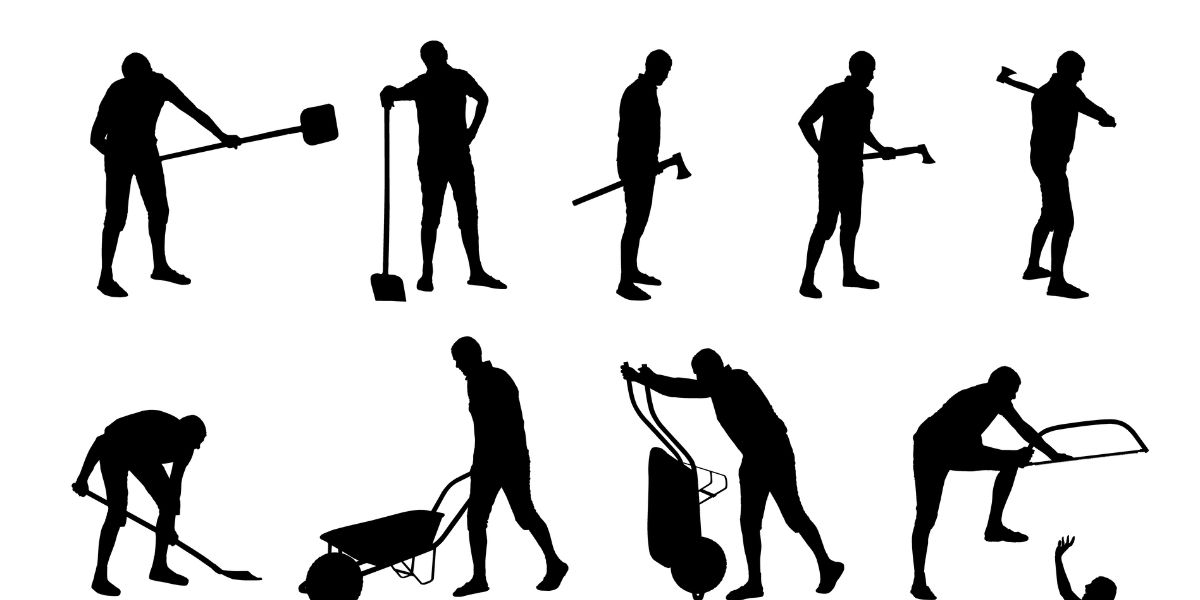Unskilled labor is a bit of a misnomer; there is a level of skill involved, and as always, this includes “softer” skills, such as effective communication, teamwork, relationship building, work ethic, professional attitude, and other interpersonal capabilities that make them a good fit for your business. That said, certain jobs are classified as “unskilled” when they do not require specialized training or education. If an average person could learn the job fully in 30 days or less, then it is typically considered unskilled. In this article, we’re going to look into some unskilled labor examples.
You may hear unskilled labor referred to as “menial.” This is more than a little pejorative, however, as most of the US labor market consists of unskilled jobs. As the pandemic showed us, many of these employees (from store workers to cleaners) were deemed essential to the economy.
Let’s see what types of work fall into the unskilled labor category.
Unskilled Labor Examples
Most unskilled labor jobs are quick to learn, and many require coordination and/or physical strength or endurance. Examples include:
- Custodian or cleaner
- Fast food employee
- Parking lot attendant
- Line operator
- Information desk clerk
- Grocery or retail clerk
- Some farm work (e.g. harvester or picker)
- Construction site cleaner
- Jobsite assistant
- Loading/unloading
Unskilled jobs do not require judgment - that is, the person does not have to make decisions. They perform their duties within the scope of their job description. (And, of course, good judgment is always important when it comes to interacting with people and being a good representative for your business!) Now that we’ve looked at unskilled labor examples, let’s look at examples of semi-skilled labor.
What Is Semi-Skilled Labor?
There is another set of jobs that fall into the semi-skilled category. These require some knowledge, training, or experience to complete successfully. Some examples:
- Plumbing assistants
- Carpenter assistants
- Janitorial maintenance
- Shipping/Receiving
- Warehouse employees
- Forklift operators
- Customer service reps
- Waitstaff and bartenders
There is a greater level of judgment and decision-making involved in semi-skilled jobs, though it is within the defined scope of the role.
What Is Skilled Labor?
Skilled labor refers to jobs that require training, education, and experience, which is often extensive. Some professions that are skilled include:
- Plumbers
- Electricians
- Carpenters
- Healthcare providers
- Teachers
- Etc.
There is a significant level of judgment and decision-making that occurs in these roles.
Why Unskilled Labor Is Essential
Unskilled labor is critical to the overall functioning of the economy – and to your ability to run a streamlined, effective business that can meet the needs of customers. Don’t let the “unskilled” component fool you; these jobs are essential and workers are in high demand in today’s world, particularly when it comes to the construction industry.
We hope you found our differentiation between unskilled labor examples and semi-skilled labor examples helpful. If you are facing challenges finding unskilled labor employees – or semi-skilled and skilled labor – contact Labor for Hire. We match the right people to the job. Let’s get to work.



